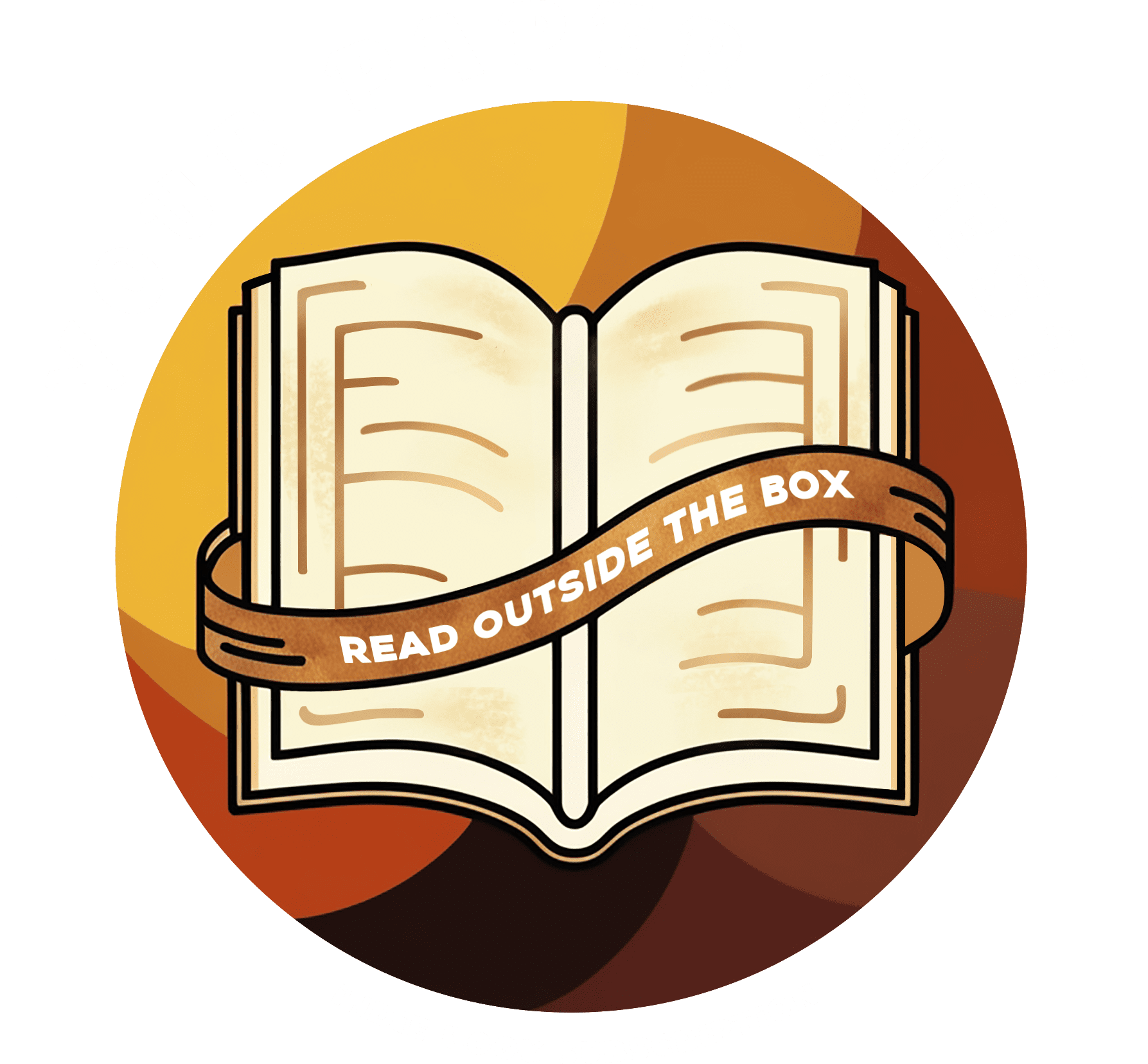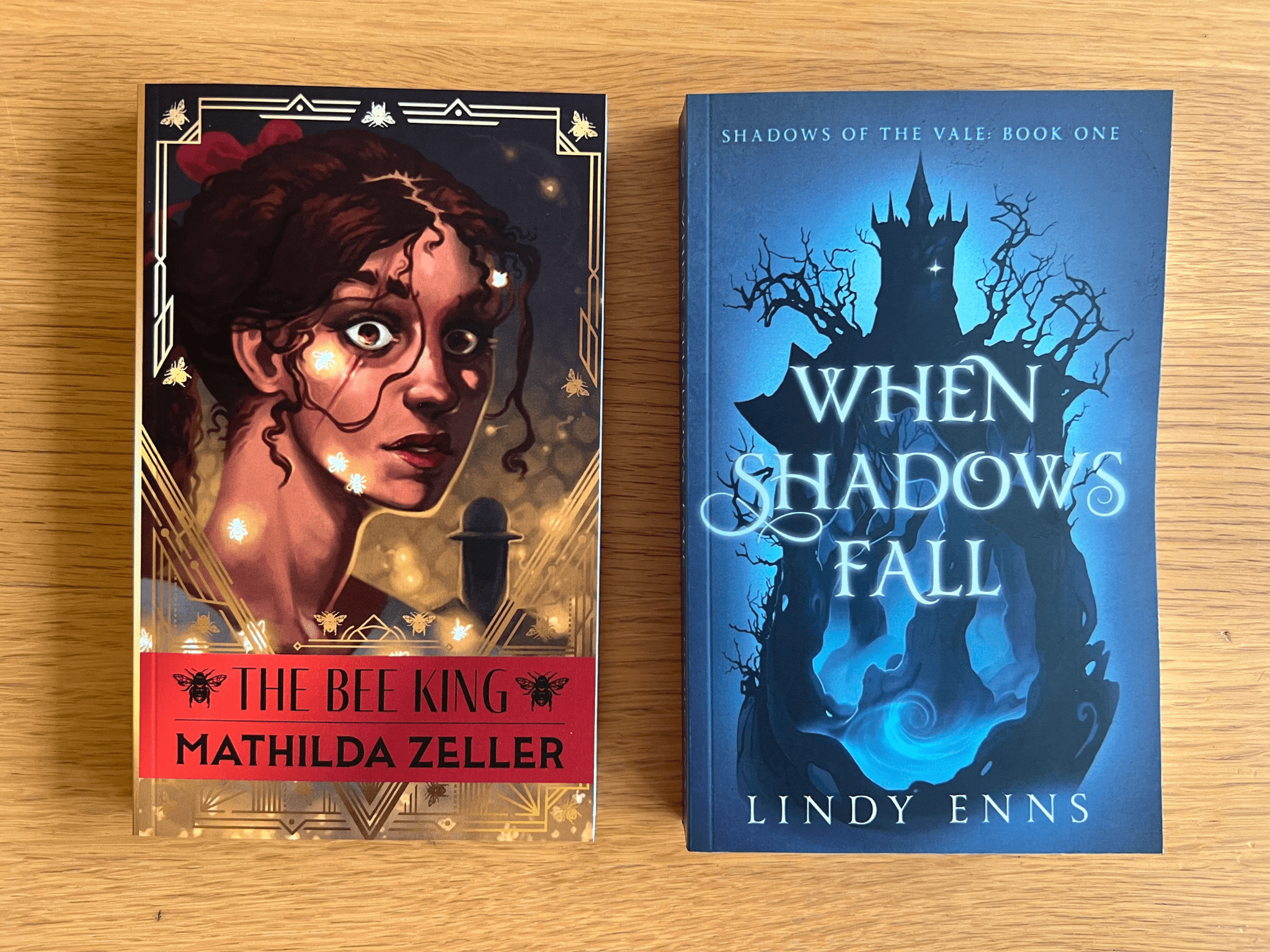Eric Lewis
AS IT SEEMS
To a certain extent, in elementary school. I had some great teachers who encouraged creative writing, and I think I actually got a bit of a big head early on when they praised my assignments simply for exhibiting some basic elements of story structure. But I didn’t really take it seriously as a hobby until grad school. I began scribbling out little scenes to amuse myself during boring research seminars, though outwardly it looked like I was taking diligent notes on whatever topic was being presented. They began as vague, unformed notions of stories, without a whole lot of direction, more like writing movie scenes in my head. Then on weekends I started doing that old cliche thing of sitting in cafes and writing longer versions of these, mostly mimicking the styles of my favorite authors. I latched onto one particular idea and eventually wrote 200,000 words of incoherent, structureless rambling narrative that went nowhere, but would eventually become the core story of my Heron Kings saga.
No form of writing is easy once you really get into it. The better you get at it, the harder it gets because you see what you’ve done wrong before and have to improve on. But with short stories you have basically one idea, one theme you have to work with and really drive it home in a limited space. The upside is you can get feedback relatively quickly- if it gets accepted somewhere, you’ve done good. If it gets accepted somewhere that actually pays, you’ve done very well indeed. For me, a short story is attractive because I often begin with one key scene or idea that makes me excited to write it, often the ending, and you can get to the good part really quickly. Short stories are also great practice in getting to the point, cutting out the fat and making every word carry its weight and then some. The hard part is all that same stuff. You don’t get to “world build” or linger over your darling hero’s attributes. All that has to be worked seamlessly into the plot or cut entirely. I don’t agree with the old notion that writing short stories prepares one for writing novels later on; those are two different beasts requiring different skills. But practicing good writing is good practice however you slice it.
For short stories I can begin pretty much already knowing the plot, because you only have so much space. The challenge is to have a really unique idea that stands out in a submission queue. I might start with a one-sentence synopsis, say, “Main character just wants to so and so, but when this and that happens, they must defeat whoever to accomplish yadda yadda.” At that point the hard part’s already done, and the particular events can come together like a kind of fast-growing crystal. I could have a rough draft relatively quickly. Might not be any good, but you can improve on bad. Can’t improve a blank page. With novels I often have no idea what’s going to happen. As I mentioned, I often begin with a vague notion or theme, or sometimes a key scene I thought seemed cool. Sometimes I write the end or climactic scene first and work backwards from that. I usually come up with a very short outline, one or two pages to get the bones of the story worked out, then add flesh and blood as I go, and that can lead to surprises and developments I never expected. There’s also a danger there of just going from point A to point B in the shortest way possible, which can lead to a boring story, so you have to watch out for that. I still like to incorporate worldbuilding into the plot rather than infodump, though I still sometimes find myself doing it. That’s where the whole killing your darlings thing comes in. But I find fulfilment in both forms of storytelling. My current novel in progress insists on wanting to be a kind of hybrid of novella length entirely against my will, so that’s a new fight for me!
Oh, this is where I have to resist being a cynical curmudgeon. The first thing that comes to mind is how bitter a pill it was to learn that indie writing is mostly not writing. You have to write, and edit, format, publish, and market as well. Marketing these days of course means social media. Success lies mostly not with the quality of the story but how connected you are and how attractive you are. You can guess how well that’s gone for me! So, I suppose I’d suggest to begin building a readership and fanbase at least as early as you begin writing. Find a way to be popular, or at least entertaining. Cultivate those connections, even if you’re painfully introverted like me. Accept that like any skill you’re not going to be good at it at first, so keep improving without expecting miracles right away. Another thing to keep in mind is not to get discouraged by harsh feedback early on. Some people just get pleasure out of criticizing. It can be disheartening when you only have one or two things under your belt that you’ve poured your heart into and people don’t like it. But trust me, once you’ve published two dozen stories, one person hating one of them isn’t even noticeable. The bigger fear is not being read at all, which is the most common occurrence in indie writing since there’s just so much out there. I once, in a fit of frustration, compared self-publishing to a garbage bin. And in terms of sales, it kind of is. Restaurants throw out plenty of perfectly good food at the end of every night just because they can’t sell it. It’s the same with indie publishing- it can be excellent writing, but there’s just so much to choose from, readers can get overwhelmed. So, you’ve got to have realistic expectations. Someone once said a professional is just an amateur who was too stubborn to quit. You only fail if you give up.



